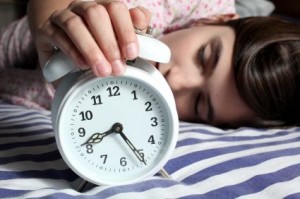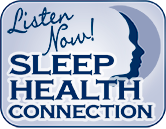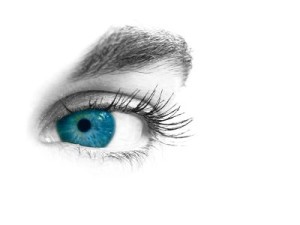 Recently I was reading an article in the paper regarding the sports activity schedule of a high school student. Her wake up time starts at 4:30 am and her bedtime average was between 11-12:00pm, which gives her only 5 hours of sleep each night. I know how busy kids can get with their school, sports and activity schedules but are we placing too much stress on the kids? Yes, it does look great on college resumes, and activities are a great way for the kids to get exercise and mingle with their own peers, but is it costing your child good sleep? It is important for kids to relax and unwind and have some time to themselves. Sleep is one of the most important aspects of child development and health.
Recently I was reading an article in the paper regarding the sports activity schedule of a high school student. Her wake up time starts at 4:30 am and her bedtime average was between 11-12:00pm, which gives her only 5 hours of sleep each night. I know how busy kids can get with their school, sports and activity schedules but are we placing too much stress on the kids? Yes, it does look great on college resumes, and activities are a great way for the kids to get exercise and mingle with their own peers, but is it costing your child good sleep? It is important for kids to relax and unwind and have some time to themselves. Sleep is one of the most important aspects of child development and health.
On average, teen’s age 10-17 should get 8.5-9 hours of sleep each night. Elementary school kids should be getting on average 10-11 hours of sleep each night. Please think about this when deciding on sports schedules or adding extra activities to your children’s schedules.
Some questions you may consider before saying yes to that next activity:
- Is your child getting enough sleep most nights?
- Do they have time to eat well balanced and nutritious meals, or are you eating on the run?
- Is the family sitting down to share their meals the majority of the week?
- Is there time allotted each night for the kids to focus on schoolwork?
- Is there downtime for the kids to have to themselves, to read, listen to music, etc.?
After reading this, you still have a choice. But if this is your decision, and one that works well for you and your family then, wonderful. But for those looking to end the world of non-stop running and meals at fast food places, tired kids and perhaps falling grades, then maybe step back and take a look at what are we trying to develop for our kids.
Dental Sleep and TMD Center of Illinois, a premiere snoring and apnea treatment center in Naperville has been providing the CPAP alternative treatment of oral appliance therapy for over 15 years successfully. For more information on this physician recommended treatment option, visit www.TiredOfSnoring.com or call us at (630) 369-5508.









(630) 369-5508